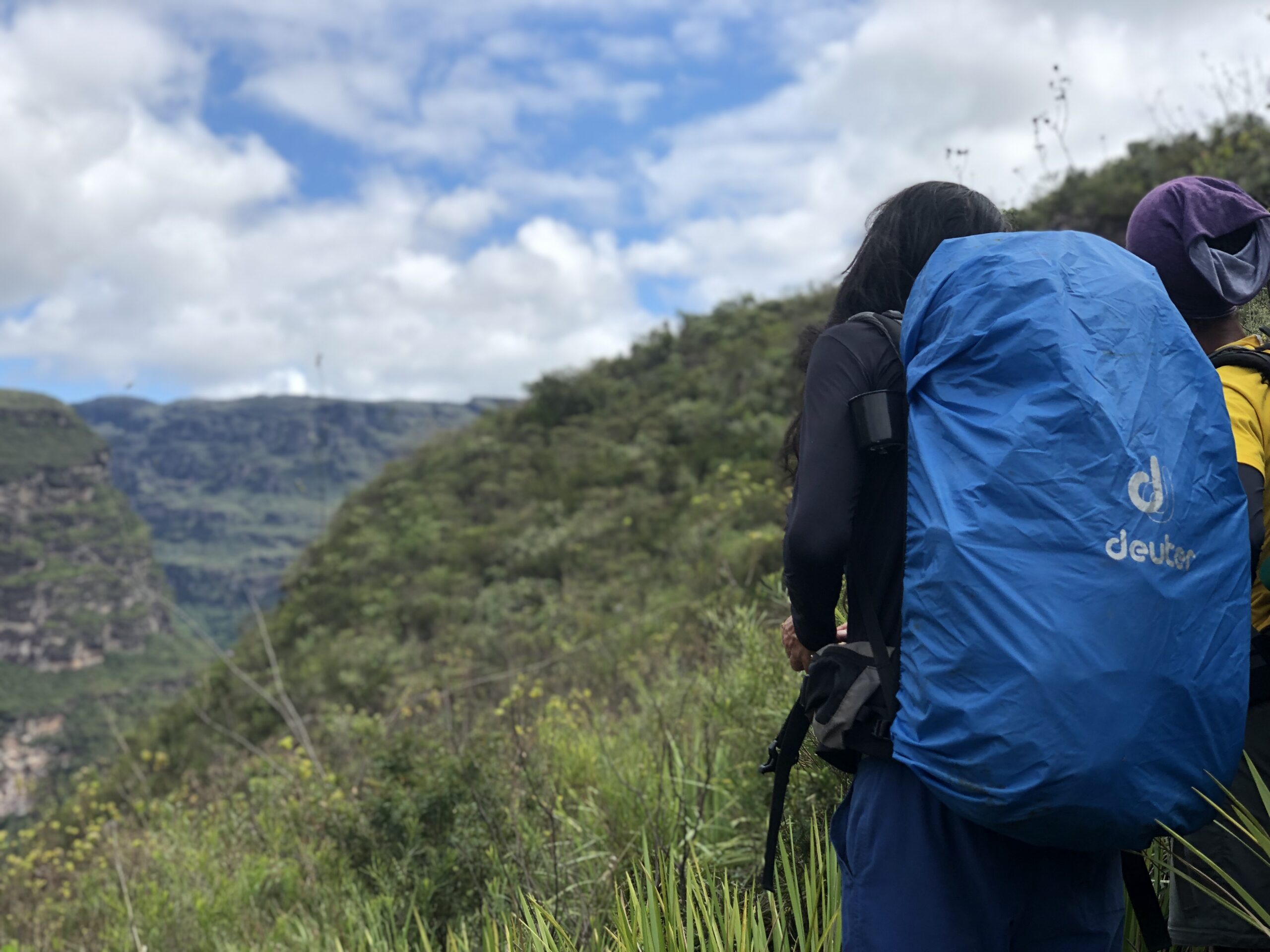Ever wondered why, no matter how lucky you feel, the casino seems to hold an invisible advantage? That subtle but persistent edge ensures the house never really loses in the long run. Understanding this “house edge” isn’t just academic — it helps you make smarter bets and manage your expectations in the fast-paced world of online gambling.
At the same time, the rise of geolocation technology adds another layer of complexity and fairness, especially for Canadian players navigating legal and regulatory landscapes. Let’s unpack how geolocation intertwines with casino math and what that means practically.
Okay, here’s the thing: The house edge is the casino’s built-in statistical advantage over players. If you don’t grasp how it’s calculated or how it varies across games, that 96% RTP label can be misleading. You might think “96% means I win almost all the time,” but the reality is far more nuanced.
Plus, geolocation tech determines where you can actually play certain games or claim bonuses based on your physical location. In Canada, where provincial regulations vary, this tech isn’t just a feature — it’s a gatekeeper ensuring legal compliance and player protection.
Let’s start by breaking down the casino mathematics behind the house edge, then weave in geolocation’s role in shaping your online gambling experience, especially at trusted platforms like all slots.

How Casino Mathematics Defines the House Edge
Hold on… The simplest way to think about the house edge is as the percentage the casino expects to keep from every bet made over the long term. For example, a slot with 96% RTP (Return to Player) has a 4% house edge. That means for every $100 wagered, the player can expect to lose $4 on average over many rounds.
But here’s where it gets interesting: RTP is an average over thousands—sometimes millions—of spins or hands. That doesn’t guarantee what happens in your session. Volatility plays a huge role here. High volatility slots might pay big but rarely, low volatility slots pay smaller wins more frequently.
Take the example of a slot game with 96% RTP and high volatility. You might lose $200 in 100 spins and then win $300 on one bonus hit. Mathematically, it still fits the house edge, but emotionally it’s a rollercoaster.
Contrast that with blackjack—a classic table game—where skilled players can bring the house edge down to 0.5% or even less by applying basic strategy. This shows house edge is not a fixed barrier but a statistical expectation influenced by game rules and player decisions.
Quick Table: House Edge Examples by Game
| Game Type | Typical House Edge (%) | Factors Influencing Edge |
|---|---|---|
| Slots (Average) | 4.0 | RTP, volatility, bonus features |
| Blackjack (Basic Strategy) | 0.5 | Rule variations, player skill |
| Roulette (European) | 2.7 | Single zero wheel |
| Roulette (American) | 5.26 | Double zero wheel |
| Baccarat | 1.06 (Banker bet) | Bet type, commission |
Geolocation Technology: Not Just a Gatekeeper but a Player’s Ally
Wow! You might not realize this, but geolocation tech is the silent referee in online gambling. It uses GPS, IP address checks, and Wi-Fi triangulation to verify your physical location. This matters hugely because online gambling laws in Canada differ between provinces—Ontario’s regulated market differs from Québec and others.
Geolocation ensures you’re playing only where legally permitted. For example, if you’re in Ontario, platforms licensed by iGaming Ontario are accessible, but others might be blocked. This tech protects both the casino and players by adhering to jurisdictional rules.
On the flip side, geolocation can affect what bonuses or games you see. Casinos adapt offerings based on where you connect from, which means your gaming options might be more limited or tailored compared to players elsewhere.
All of this means geolocation technology isn’t just about restrictions; it helps maintain fair play and regulatory compliance, a critical safeguard in an industry where protecting your funds and data is essential.
Comparing Geolocation Methods: Accuracy vs Privacy
| Method | Accuracy | Privacy Impact | Common Use |
|---|---|---|---|
| GPS | Very High (within meters) | High (requires device permission) | Mobile casino apps |
| IP Address | Moderate (city-level) | Low | Desktop browser checks |
| Wi-Fi Triangulation | High (indoors) | Medium | Mobile and desktop |
| Cell Tower Data | Variable | Medium to High | Mobile networks |
Where Casino Math Meets Geolocation: Practical Player Insights
Here’s what bugs me a bit: geolocation can throw a wrench into your betting strategy if you switch provinces or travel. Suddenly, that “hot slot” you love might become unavailable or have different RTP settings due to local regulations.
For example, a slot title might have 96.5% RTP in one province but only 95.5% in another because of provincial rules on game fairness or payout limits. This is where understanding the house edge mathematically helps you adjust your bet sizing or game choice depending on where you are.
Moreover, platforms that deploy geolocation are often those with solid regulatory licenses, meaning better safety for your funds and fair gameplay. If you want a reliable experience, playing at a site with robust compliance such as all slots can be a wise decision. They are transparent about RTPs, house edges, and use modern geolocation tech to ensure you’re playing fully legally and safely.
Quick Checklist: What You Should Know Before Playing
- Check if your province allows online gambling legally and which sites hold licenses.
- Understand the typical house edge of games you prefer — slots vs table games differ greatly.
- Know that RTP is a long-term average, and variance can cause big swings in both directions.
- Be aware that geolocation can limit or enable games and bonuses regionally.
- Use responsible bankroll management—never chase losses due to variance or game changes.
Common Mistakes and How to Avoid Them
- Assuming RTP guarantees short-term wins: RTP is statistical, so expect volatility. Manage your bankroll accordingly.
- Ignoring geolocation restrictions: Don’t try to circumvent location checks; this risks account suspension and loss of funds.
- Overlooking house edge differences: Some games are stealthy cash drains due to high house edges (e.g., American roulette vs European).
- Not reading bonus wagering terms: High wagering requirements can negate bonus value if misunderstood.
- Chasing losses due to misunderstandings of odds: Recognize that losses are part of variance, not always bad luck.
Mini-FAQ: Geolocation and House Edge
Does geolocation affect game fairness or RTP?
No. Geolocation regulates where you play but does not alter the mathematical fairness or RTP of games. However, it might restrict access to certain games or bonus offers depending on your location.
Can the house edge vary by region due to geolocation?
Technically, yes. Some operators adjust games to comply with local regulations, which can affect house edge slightly. Always check game info panels for exact RTP and rules.
Is geolocation foolproof?
Most modern geolocation tools are highly accurate but can have occasional false positives or negatives. Reputable platforms have support teams to help resolve issues.
Can I control the house edge?
You can choose games with a lower house edge and apply optimal strategies (when applicable), but you cannot eliminate it completely. Understanding it helps you play smarter and avoid chasing unrealistic expectations.
Case Study: Choosing the Right Slot with RTP and Geolocation in Mind
Let me share a quick example from my playtime: I was on a vacation in Ontario and tried a slot I usually enjoyed at home in Québec. Suddenly, bonus features and RTP dropped by 1%, and the autoplay option was disabled due to local legislation. It threw me off because my usual strategy was to build on bonus rounds triggered quickly. After some research, I realized the geolocation system was enforcing Ontario’s stricter rules, and the casino platform adjusted the game accordingly.
This experience highlighted two things: always check the game info based on your current location, and don’t assume that the same game experience translates across provinces. It also reinforced the importance of playing at reliable and transparent sites like all slots, which clearly communicate these nuances.
Comparison Table: Game Selection Factors Under Geolocation
| Factor | Effect on Player | Mitigation Strategy |
|---|---|---|
| Geolocation restrictions | Limited game/bonus availability | Choose licensed sites; check local regulations |
| RTP variance by jurisdiction | Lower expected returns in some regions | Check game RTP info; prefer low house edge games |
| Bonus terms variability | Different wagering requirements | Read terms carefully; avoid aggressive chasing |
| Payment method availability | Impacts deposit/withdrawal speed | Use common CAD-friendly options like Interac |
To wrap up this math-meets-technology exploration, remember the two are intertwined in creating a safer, fairer, and more regionally compliant gambling environment. Geolocation helps regulate where and how you play, while the house edge mathematically ensures the casino’s long-term viability — knowledge of both arms you better as a player.
Remember, gambling should always be an entertainment experience. Play responsibly, set limits, and use tools like self-exclusion if needed. In Canada, verify your province’s regulations and choose only legal, licensed platforms to protect your bets and identity. For help with problem gambling, visit resources like https://www.connexontario.ca/.
Sources
- https://www.mga.org.mt/
- https://ecogra.org/
- https://igamingontario.ca/
- https://www.gamingstandards.com/
About the Author
Alexei Petrov is an iGaming expert with over a decade of experience analyzing online casino mechanics and regulatory trends. He combines practical gambling knowledge with a passion for educating players about math, technology, and responsible gaming.



